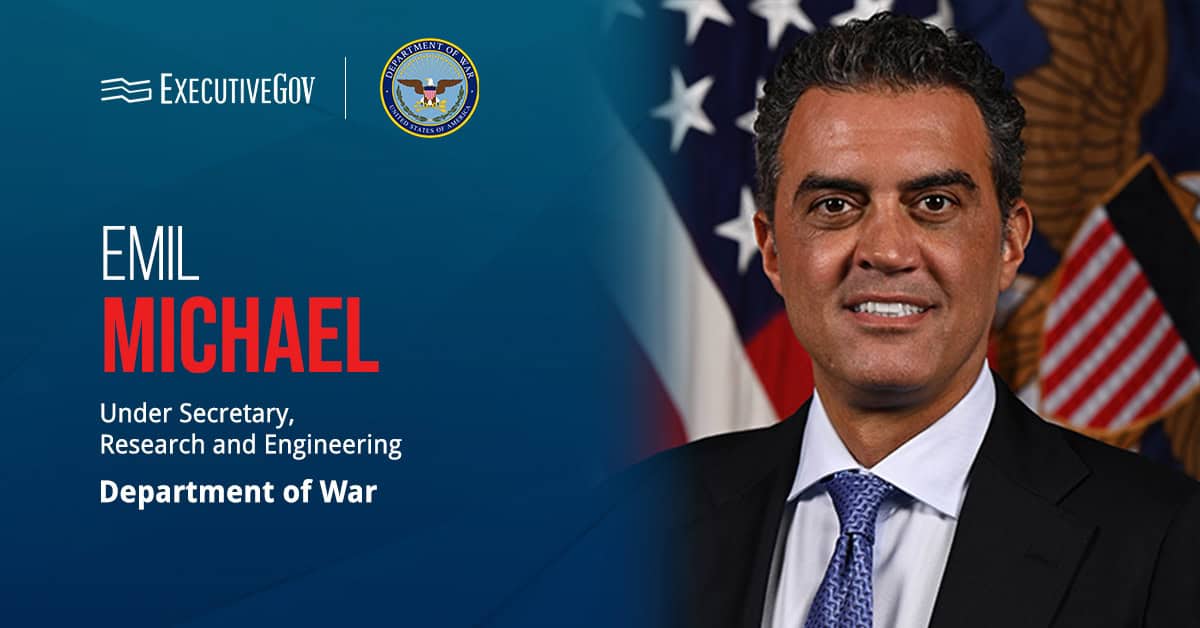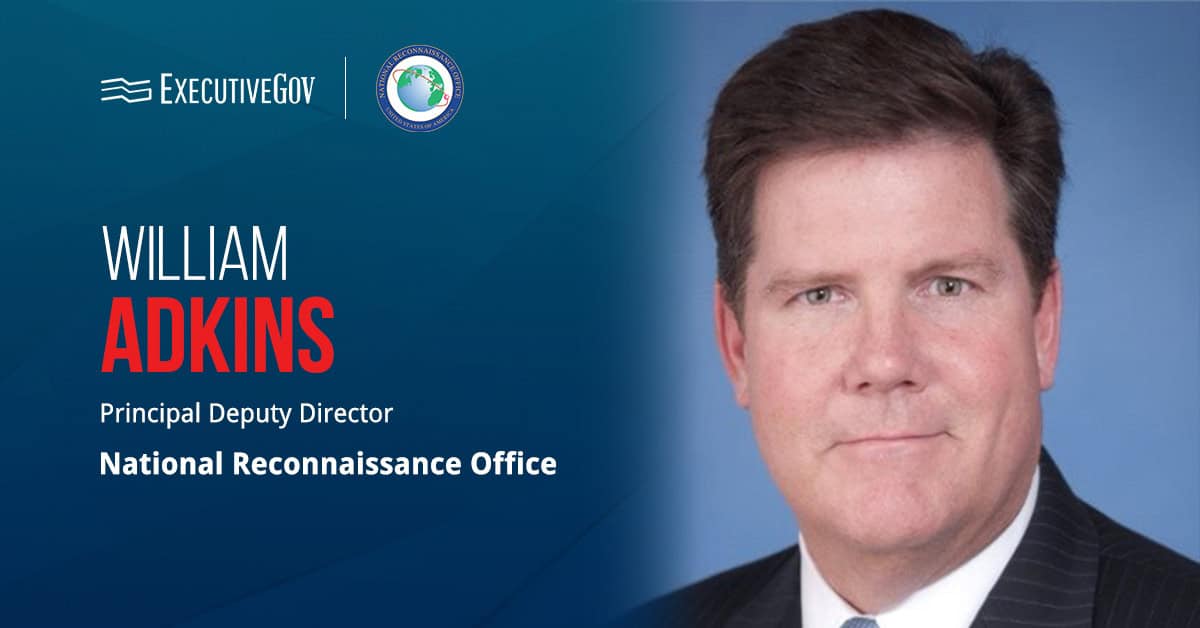The Department of Energy (DOE) will invest $45 million in efforts to develop technologies that produce carbon-storing materials for use in constructing buildings.
DOE said Monday that it will fund technologies that can reduce emissions linked to the production of these materials. The effort also aims to boost the capacity of buildings to store carbon and become net carbon negative as a result.
The Advanced Research Projects Agency-Energy will contribute $41 million to finance the Harnessing Emissions into Structures Taking Inputs from the Atmosphere (HESTIA) effort, which seeks technologies that remove carbon dioxide from the atmosphere when production is taking place.
DOE will provide an additional amount of $4 million to fund the development of tools for analyzing a building’s life cycle.
“Building materials and construction techniques offer huge promise as carbon sinks,” said Jennifer Granholm, secretary of energy.





